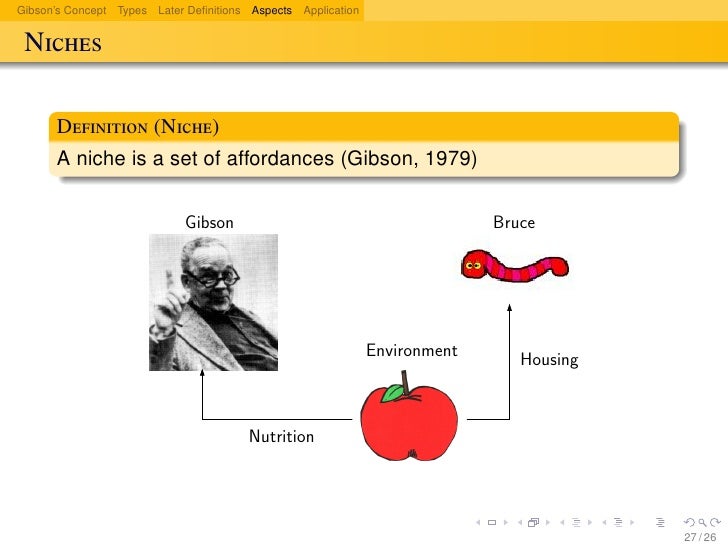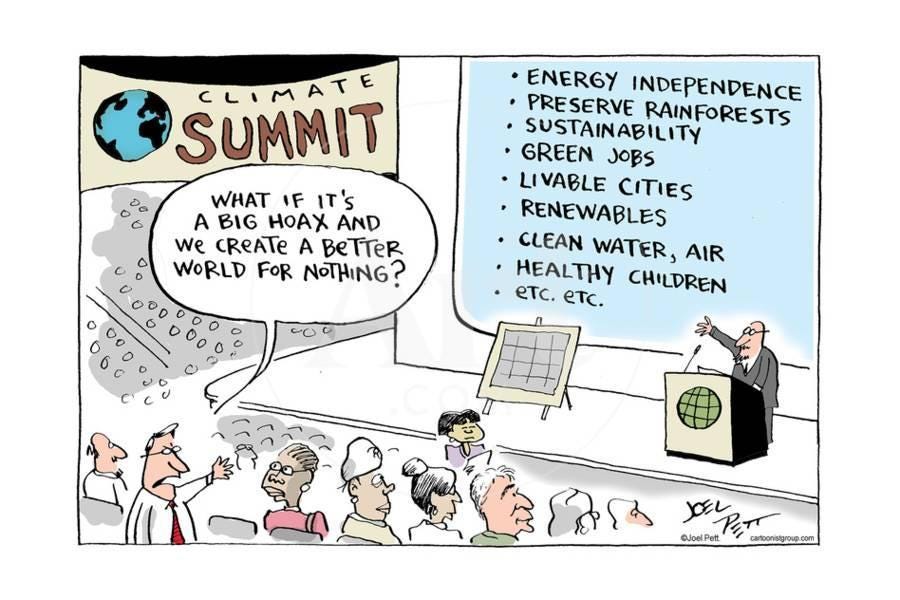book: Planta Sapiens, Paco Calvo
Paco Calvo is a professor at the Minimal Intelligence Lab (MINT), focusing on ecological psychology, with a background in philosophy. Planta Sapiens is about the discussion around plant intelligence (its status, as of the book's publication in 2022).
The working definition of intelligence is in consolidating, interpreting, and learning from the world, shaping future understanding (to distinguish from reflex input→output). I'm going to cover some of the points discussed, because they're very interesting to me, but I hope if you find them interesting you will look further into the matter as the book (and other relevant publications) go much more in-depth.
..
To begin:
Calvo presents, and dissects, arguments against plant intelligence. To briefly go over them:
"Plants don't have neurons" —
Our understanding of neurons as the basis of intelligence comes from their function in receiving and sending complex electro-chemical signals, which integrate senses + pre-existing understandings to create a behaviour. Plants do not have neurons, but they do have other cells that do things similar to neurons."Plants don't need intelligence, because they don't have behaviours" —
They do have behaviours, just not ones that look like animal behaviour. Most animals behave by moving their body through the world in different ways: running, jumping, fighting, fleeing, so on. Plants do not do this, but they do something animals do really do: they change the shape of their body to suit their needs. You can grow two genetically identical seeds, and they will grow into different shapes. They grow into these shapes as a result of integrating their understanding of the world and trying to meet their needs in it.
Calvo also notes that an animal can correct a moderate fuck-up because of its ability to move. Went somewhere bad, you can leave. Plants don't have that leeway, it's a commitment to grow one way or the other. Calvo argues that plants have a greater need for intelligent decision making as a result."Those aren't behaviours, they're just reflexes (input→output)" —
The distinction between intelligent behaviour and reflex is generally decision making and flexibility. Intelligence rests on capacity to change as new things are learned and as circumstances change. Plants do this. You may know of classical conditioning, aka Pavlov's Dogs, where dogs salivate when hearing a bell because they bell would ring when they got food. You can classically condition some plants, too. So these plants appear to be learning. That's not reflex.
They also make trade-offs based on their circumstances. Mimosa pudica, the touch-me-not, is a plant that closes its leaves when disturbed, probably to avoid getting eaten. Closing its leaves means less sun will reach them. M. pudica plants that have been in abundant sunshine are more trigger-happy on closing up, and stay closed for longer, than ones that haven't been in the sun as much — there is an internal monitoring of how much sunlight the plant gets, and therefore, if closing up unnecessarily would be a problem for its health. (I can see a possible argument for this being a sophisticated reflex, but also the argument of it being intelligent decision-making).

( Mimosa pudica closing up when touched. )
- "It would very impractical and difficult to deal with the implications of plants being intelligent" —
Probably true, but just because something is inconvenient doesn't make it untrue. Climate change isn't nullified by it being inconvenient and dangerous. so on and so forth.
...
Planta Sapiens is in general very compelling, though there are some parts that feel like stalling a car. Either an example that didn't quite click, or comparisons between plants and people with locked-in syndrome (though, rather than dehumanizing the people, this is done to humanize the plants). These parts don't really shake the foundations of the book.
I would recommend it to a curious mind, and perhaps also say to "watch this space" as the field of phyto-psychology is in its fledgling stages. I personally want to read more around the subject. There are also interesting discussions around philosophy and psychology, as asking "are plants intelligent?" necessarily involves asking "what does it mean to be intelligent?" Calvo brings up Clark & Chalmers' 1998 paper, The extended mind, which I need to look further at, because it just clicked with something in me. Calvo also brings up Gibson's concept of affordances in the context of non-human intelligences: we all perceive the same object differently as we see different uses for that object (see below, a human and a worm view an apple as having different affordances)

The above slide is from slideshare, worth going through the slides if you're interested.
...
I will leave you with a final note, which is also one of the final things Calvo covers. The ethical implications of plant intelligence are, well, much to grapple with, but they afford an excellent opportunity: to regard all other life as potentially intelligent is to finally divorce ourselves from conceptualizing other living things as resources to be exploited. I have seen this living-being-as-a-resource as a definition of species-ism (though someone in the comments on that post asked if that includes plants and people mostly got angry). I think it should apply. Treating other living things as resources is why we are so flippant with ecological devastation. Calvo sees this too. We happily bulldoze forests because trees are just scenery to most people. We create sickly monoculture farms because we don't give a passing thought to if plants can suffer.
So what if we thought of them as possibly-intelligent, possibly-aware? What might change? Would we respect our world more deeply?
Plants are not ecosystem functions, [Calvo's colleagues at MINT, František Baluška and Stefano Mancuso] argue. Plants and their root networks of symbionts are proactive engineers of their environment that we ought to work with ... If we can see plants as cognitive beings, we might be able to shift our own perspective on humanity's role in the Earth's biosphere ...
Just like Joel Pett's timeless cartoon on climate denialism,

...what if it's a big hoax and we create a better world for nothing?
...
thanks for reading!🪱🦀
Atom feed ; RSS feed
check out my reading list while you're here :)
